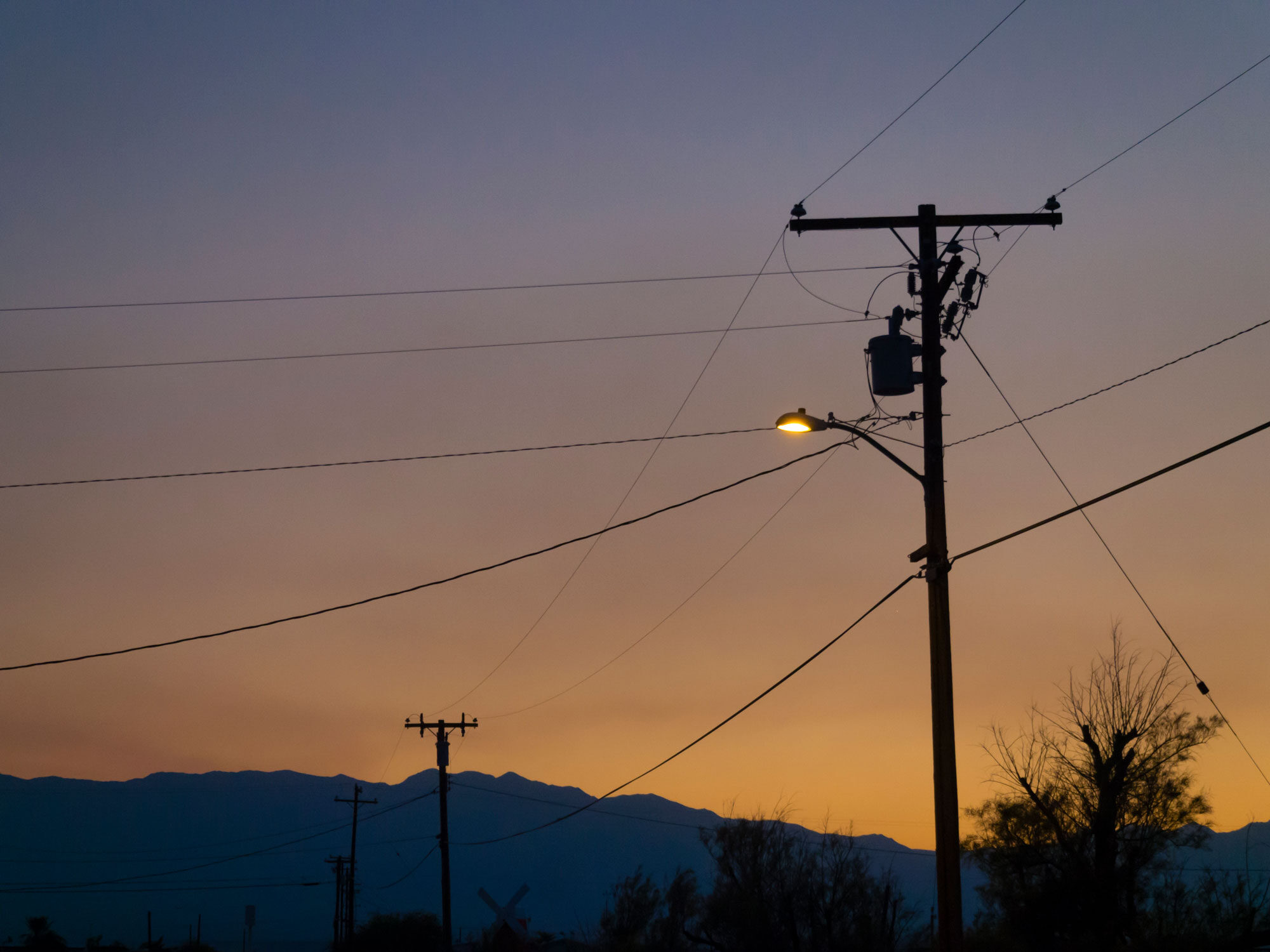
What They Are Saying: One Year Since the FCC’s Third Poles FNPRM
In late 2023, the Federal Communications Commission (FCC) took much-needed actions to resolve some of the open issues around pole access, attachment, and replacement policies. At the same time, the Commission released a Third Further Notice of Proposed Rulemaking (FNPRM) seeking comments around large attachment orders, self-help, and the use of contractors.
It’s been more than six months since comments were filed, and CTF urges the Commission to bring this Third FNPRM to a close by quickly issuing an order that:
- Standardizes timelines on large attachment orders;
- Facilitates self-help and the use of contractors; and
- Ensures an equitable division of costs for pole replacements between owners and attachers.
Rural broadband champions nationwide agree that these actions are critical, particularly as billions in BEAD funding begin rolling into the states.
*****
“ACA Connects … highlight[ed] additional hurdles that its members face in the pole attachment process, which are related to issues raised in the FNPRM. For example, even where a timeline exists, pole owners may only process a fraction of poles that an ACA Connects Member may request. Members also report that pole owners often do not communicate early in the process about how long they will take to process an order, which makes it hard to control or predict the timeline for completing a deployment.”
Delegate Daniel Linville, West Virginia House of Delegates
“This isn’t rocket science. It’s actually cheaper and easier to build your own rocket ships and shoot them into outer space that it is to hang wires on utility poles. A major pole-attachment hurdle is that it takes longer to get to yes than it actually does to build.”
“…Providers continue to experience barriers when seeking to attach to utility poles, including significant delays in the application and make-ready process (particularly around large pole orders) and the imposition of unsubstantiated fees for engineering and survey work. With many of our members poised to participate in federal broadband deployment programs, like NTIA’s Broadband Equity Access and Deployment Program—which will require providers to engage in large-scale and structured deployments across the county—we urged the Commission to further support the provision of affordable, competitive broadband services by facilitating pole attachments. Specifically, we reiterated that the surest way to lower or eliminate barriers to pole attachment is to provide certainty to prospective attachers by adopting specific timeframes for make-ready for large pole orders and to further enable providers to engage in self-help when warranted.”
NCTA – The Internet & Television Association
“If pole attachment delays go unaddressed, then broadband deployment will take longer, cost more, and we’re not going to be able to use funding from BEAD in the way that we expect it to be used.
Something either has to be done to make sure that specifically BEAD is implemented well, and the pole attachment owner issue is resolved in a way that makes BEAD a success.”
“Pole attachments, in particular, are a key factor in deployment costs, especially poles owned by municipalities or cooperatives. These poles are currently exempted from FCC pole attachment rules, which ensure that pole operators and attachers can coordinate effectively and efficiently on network deployment. As one study noted, the average pole attachment for such poles is twice the cost of an investor-owned pole. For a 5,000-pole project, this provision alone could add more than $40,000 in development costs.”
“We have a deep interest in helping the Rural Digital Opportunity Fund (RDOF), the Broadband Equity, Access and Deployment (BEAD) program and other federal and state broadband programs succeed, and we encourage further action now by the FCC to provide guidance that will help resolve remaining pole disputes and delays.
…We also believe that the FCC can and should adopt clearly defined and equitable standards for pole replacement costs – an issue that was noticeably absent in the Fourth Report and Order and that remains pending. This cost allocation and pole replacement issue is receiving an increasing amount of attention among policymakers and the press, who have shared many real-world examples of pole replacement disputes as parties seek to shift pole costs from one party to the other.”